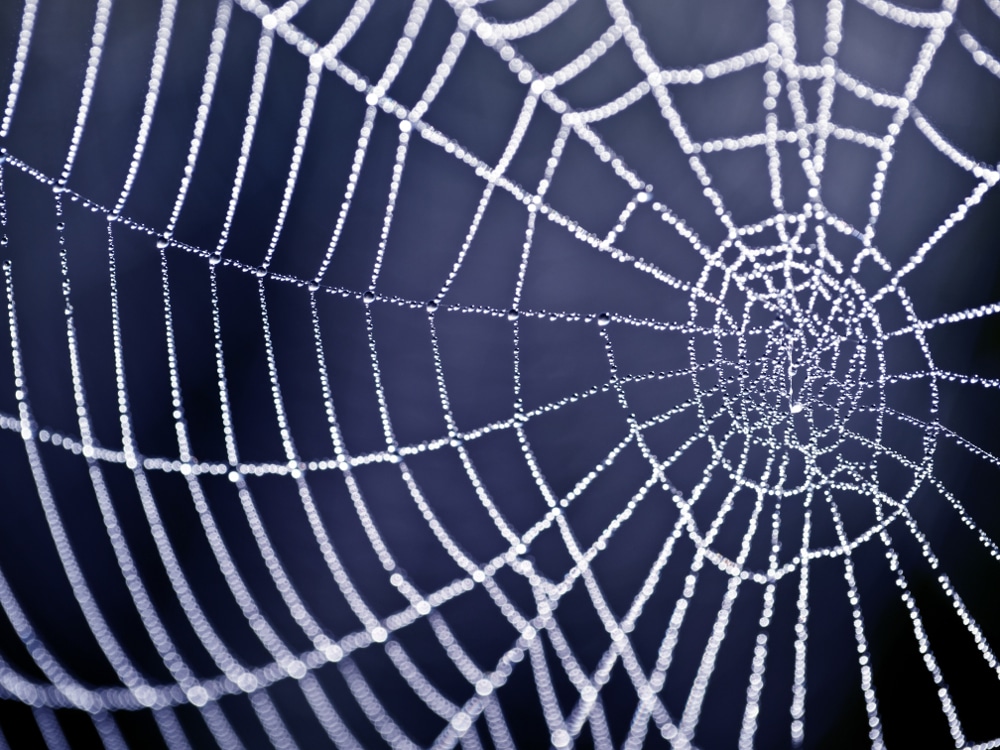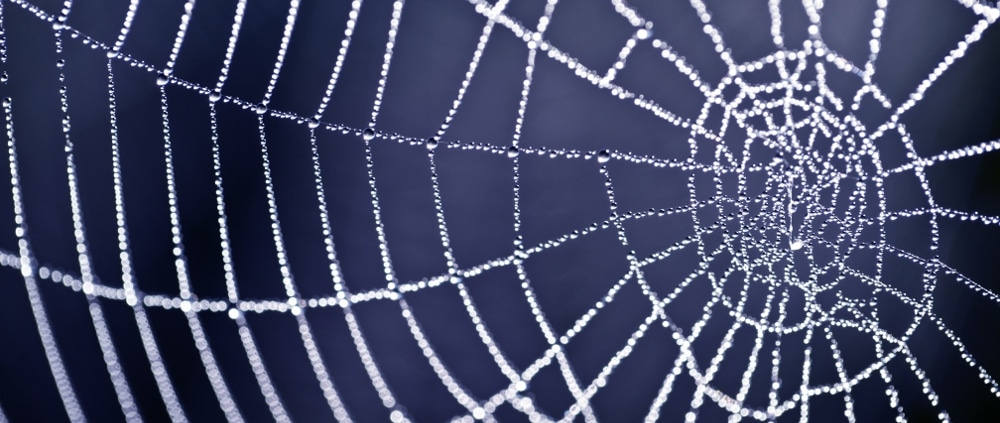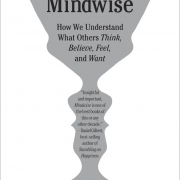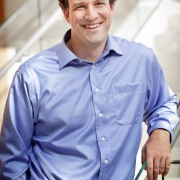A Tangled Web: The Consequences of Dishonesty
“Oh what a tangled web we weave…”
We all know that lying can lead to bad consequences for the liar, but what happens to everyone else?
 A 2015 article by Scott Wiltermuth, David Newman, and Medha Raj in Current Opinion in Psychology reviews findings that illustrate how dishonesty can yield a host of unexpected consequences, which arise when individuals privilege other values over honesty. Although many people act dishonestly for the sake of material gain, others do so from a desire to maintain a positive self-concept, or even out of compassion.
A 2015 article by Scott Wiltermuth, David Newman, and Medha Raj in Current Opinion in Psychology reviews findings that illustrate how dishonesty can yield a host of unexpected consequences, which arise when individuals privilege other values over honesty. Although many people act dishonestly for the sake of material gain, others do so from a desire to maintain a positive self-concept, or even out of compassion.
For instance, prosocial lies (or white lies) can facilitate the integration of large social networks. On the other hand, antisocial lies told out of self-interest cause networks to become increasingly fragmented. Dishonesty is contagious; evidence that a large proportion of one’s peer group is dishonest can lead to a decline in individual propensities for honesty. However, observing the dishonesty of an out-group member can actually make people less likely to behave dishonestly.
In a business context, one especially pernicious consequence of dishonesty is self-deception. People who cheat in the workplace (e.g., through measure management) may deceive themselves into believing that their elevated performance is a sign of competence, leading to erroneous predictions of future success. If not checked, this process can set up individuals and organizations for grievous failure.
How can businesses combat dishonesty? One method is to increase the salience of the self in the organizational context. Using nouns like “cheater” rather than verbs like “cheating” in ethics materials cues an individual’s moral identity and reduces the likelihood of dishonesty. Placing mirrors in the office can have a similar effect. Another method is to draw people’s attention to the honest behavior of their colleagues: when it comes to ethics, norms are often more influential than rules.
For further details on the consequences of dishonesty, we invite you to read and explore the complete article. (Please note that it includes a reference to the following paper, which in 2023 was retracted by the journal, with the agreement of both authors: Evil Genius? How Dishonesty Can Lead to Greater Creativity, by Francesca Gino and Scott Wiltermuth, published by Psychological Science in 2014.)
| Learn more: Visit our page on cheating and honesty. |








